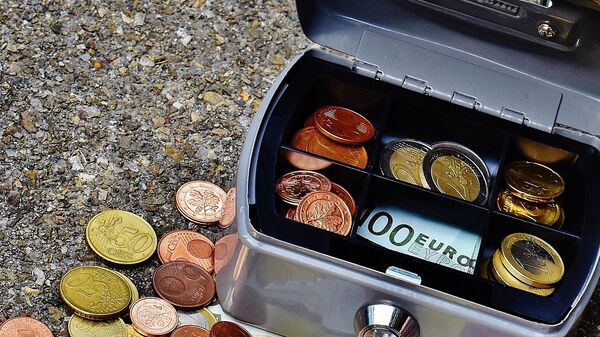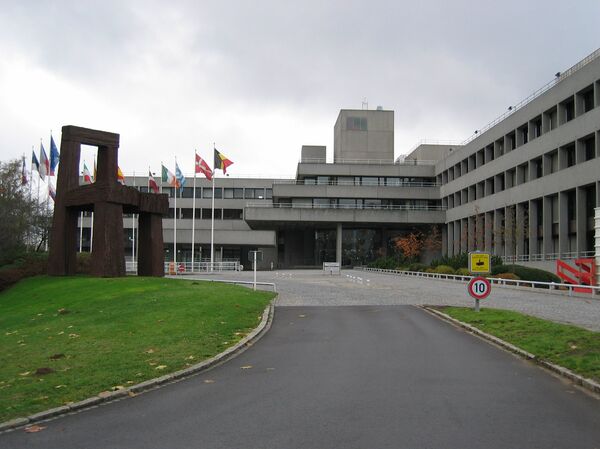The European Investment Bank (EIB) — formed in 1958 under the Treaty of Rome — is the EU's lending institution, which aims to invest in projects that bring about cohesion within the EU. As such, it takes funds — from the EU and other sources — and invests them for EU growth.
However, according to Transparency International, the EIB — which has higher lending volumes than the World Bank — needs much more stringent rules on transparency and accountability, according to new research published by the group.
"The EIB has a myriad of procedures — it's a very complex institution — and they also have a number of transparency provisions in place, but the fact is that if you give them so much money — especially money from the EU budget which is very limited and very strictly policed — then, necessarily, the use of EU money would entail stronger control," Leo Hoffmann-Axthelm, Policy Officer at Transparency International EU told Sputnik.
"The EIB tell us the control mechanism are there, but it's difficult to be certain from the outside and the European Court of Auditors (ECA) have actually said the same thing, in an opinion on the extension of the Juncker Fund, saying there is not enough transparency to know whether the funds actually create additional investment or not," he told Sputnik.
Conflicts of Interest
Hoffmann-Axthelm told Sputnik that eight of the EBI's vice-presidents are actually responsible for their own home state.
.@EIB VPs are in charge of their countries, which would never be OK for Commissioners, says @leo_axt in Playbook: https://t.co/Hgq9WFAlwS pic.twitter.com/ByviJC0JuJ
— Transparency Int. EU (@TI_EU) November 16, 2016
"The EIB only has eight vice presidents. The management committee — which is the highest governing body based at the bank — is composed of nine people: the president and the eight VPs and they are [each] in charge of their home country.
"An apt comparison is to compare it with the College of Commissioners (the members of the European Commission) who would never be in charge of their home countries. The French Commissioner would never be allowed to have work specifically on a French case, as everybody would see that there is obviously a conflict of interest. The EIB should reorganize their responsibilities so that nobody is actually in charge of their home country," he told Sputnik.
He said the latest revelations show a continuing breakdown in trust in the EU institutions.
"Yes. There is definitely a lack of trust in the EU institutions," Hoffmann-Axthelm said.
"We are calling on them to do their utmost to demonstrate their pursuit of proactive transparency and to make sure that all of the information is out there so that everybody can see what they are doing, how they are helping the EU economy and how they could do better," he added.



